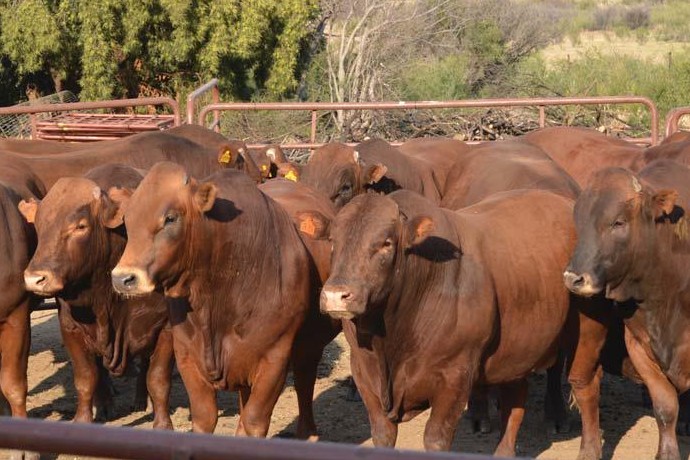Developing an Oxytocin Treatment Protocol for Supressing Estrus in Mares

The sustainability of U.S. agriculture is threatened by the degradation and/or loss of ecosystem services through natural processes or human interventions such as reduced biological diversity, water and air pollution, and loss of soil quality. As an example, US wetlands and grasslands have been converted to cropland for the production of annual feed grains, reducing the ecosystem services provided by these lands. In order to reverse this trend, we propose the development of a transformative tannin-containing legume-based beef production system. We will determine the ecosystem services (production, environmental impacts and profitability) provided by our proposed system relative to current beef production systems in which beef cattle are fed and finished on either irrigated “conventional” pasture or in a feedlot. We expect that ecosystem services will be enhanced for both the cow-calf and the finishing phases of beef production in this alternative system. This project addresses the supporting ecosystem services of nutrient cycling and carbon sequestration by eliminating the need to feed cereal grains, and consequently annual grain cultivation and fertilization, from all phases of beef production. It addresses provisioning services by supporting the tradition of regional livestock production in rural America, it addresses the regulating ecosystem service of mitigating climate change by reducing greenhouse gas emissions associated with the current US beef system, and it addresses cultural ecosystem services by providing local food products with a more healthful nutrient content.

